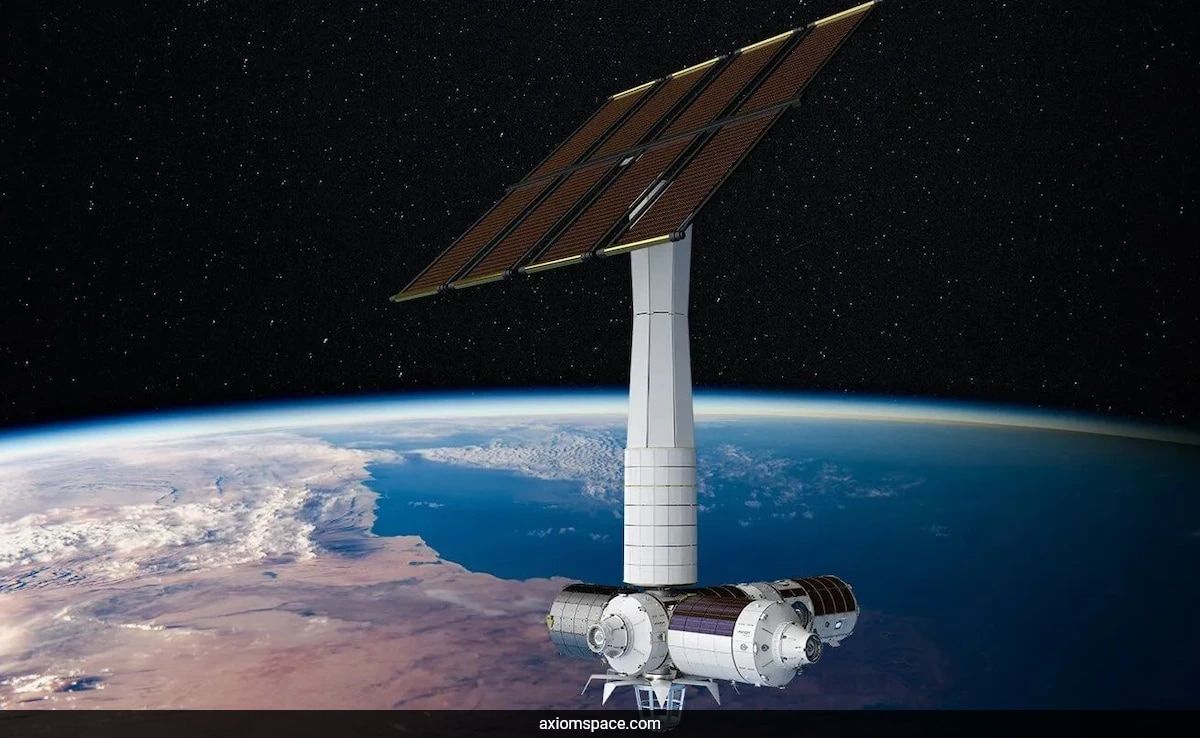Axiom Space Takes the Lead in Next-Generation Space Stations as ISS Nears Retirement

Houston, Texas - As the International Space Station (ISS) approaches its decommissioning date set for 2031 after a remarkable 25-year run, the focus has shifted towards its successors. Axiom Space, a Houston-based company currently training Indian astronauts for a 2025 mission to the ISS, is at the forefront of this new era in space exploration.
In a recent statement, Axiom Space declared itself as the leading provider of human spaceflight services and a developer of human-rated space infrastructure. The company is not only managing end-to-end missions to the ISS but is also actively constructing Axiom Station, its own commercial space station, designed to take over from where the ISS will leave off. This initiative includes the development of next-generation spacesuits for operations in low-Earth orbit, on the Moon, and beyond.
Pearly Pandya, Director of International Government Business at Axiom Space, shared insights during an exclusive interview with NDTV. An Indian-American born in Ahmedabad, Pandya expressed optimism about the potential role of Indian rocket technology in future space missions. "I would love to see that," she stated, emphasizing the importance of a global and diverse supply chain in space exploration. She highlighted India's recent successes with the Chandrayaan-3 mission, acknowledging India's growing stature as a space superpower.
Axiom Space has already commenced construction on what will be the world's first commercial space station. Following the completion of design reviews with NASA, Thales Alenia Space has begun welding and machining activities for the primary structures of Axiom Station's first module. The initial pieces of the station's hardware are now being assembled, with plans to have the module reach Houston for final assembly and integration. The company is eyeing a 2026 launch for the first section of this innovative platform.
When asked about the possibility of Indian rockets being utilized in missions to Axiom's new space station, Ms. Pandya was enthusiastic. She also commented on India's ambitious plan to establish its own space station, Bharatiya Antariksha Station, by 2035. "Axiom would be ready to support the country," she said, suggesting potential collaborations in areas like interoperability, module construction, or even 'space trade' where each station could offer unique capabilities.
As the world watches the evolution of space travel, Axiom Space's proactive steps are setting the stage for a new chapter in humanity's journey beyond Earth, potentially with significant contributions from Indian space technology.
